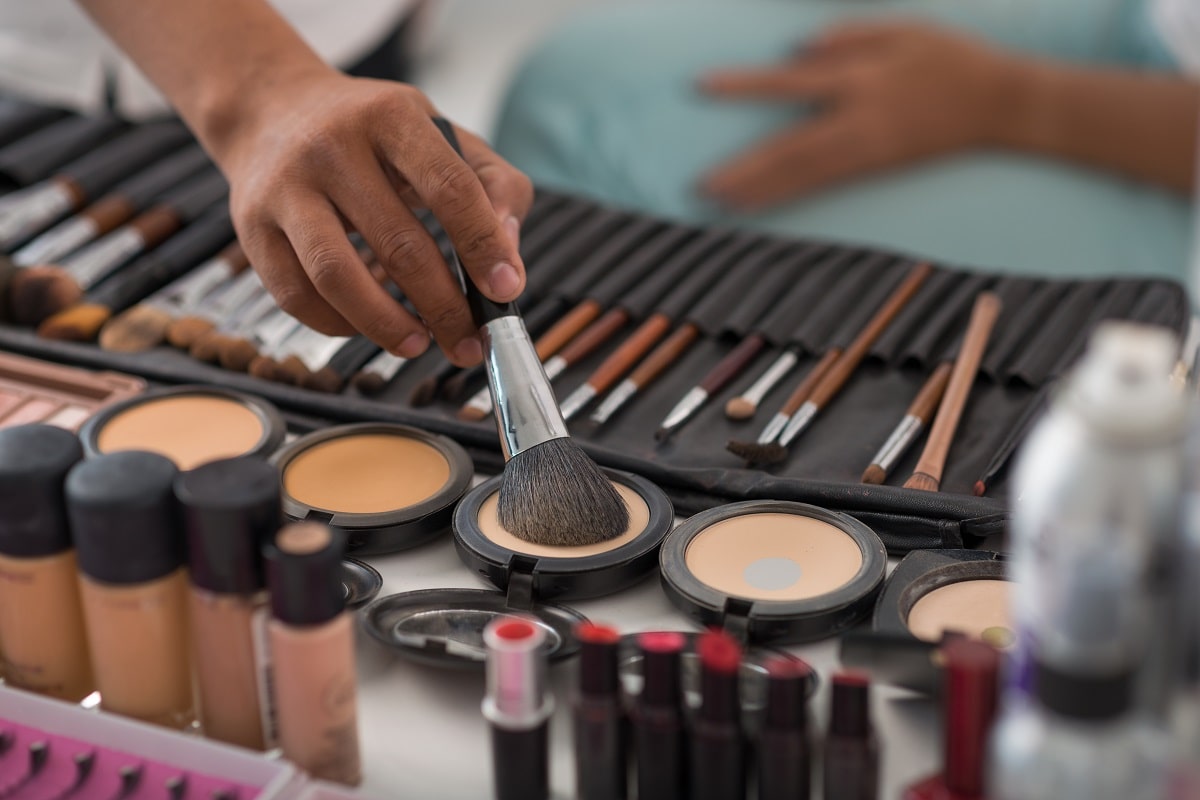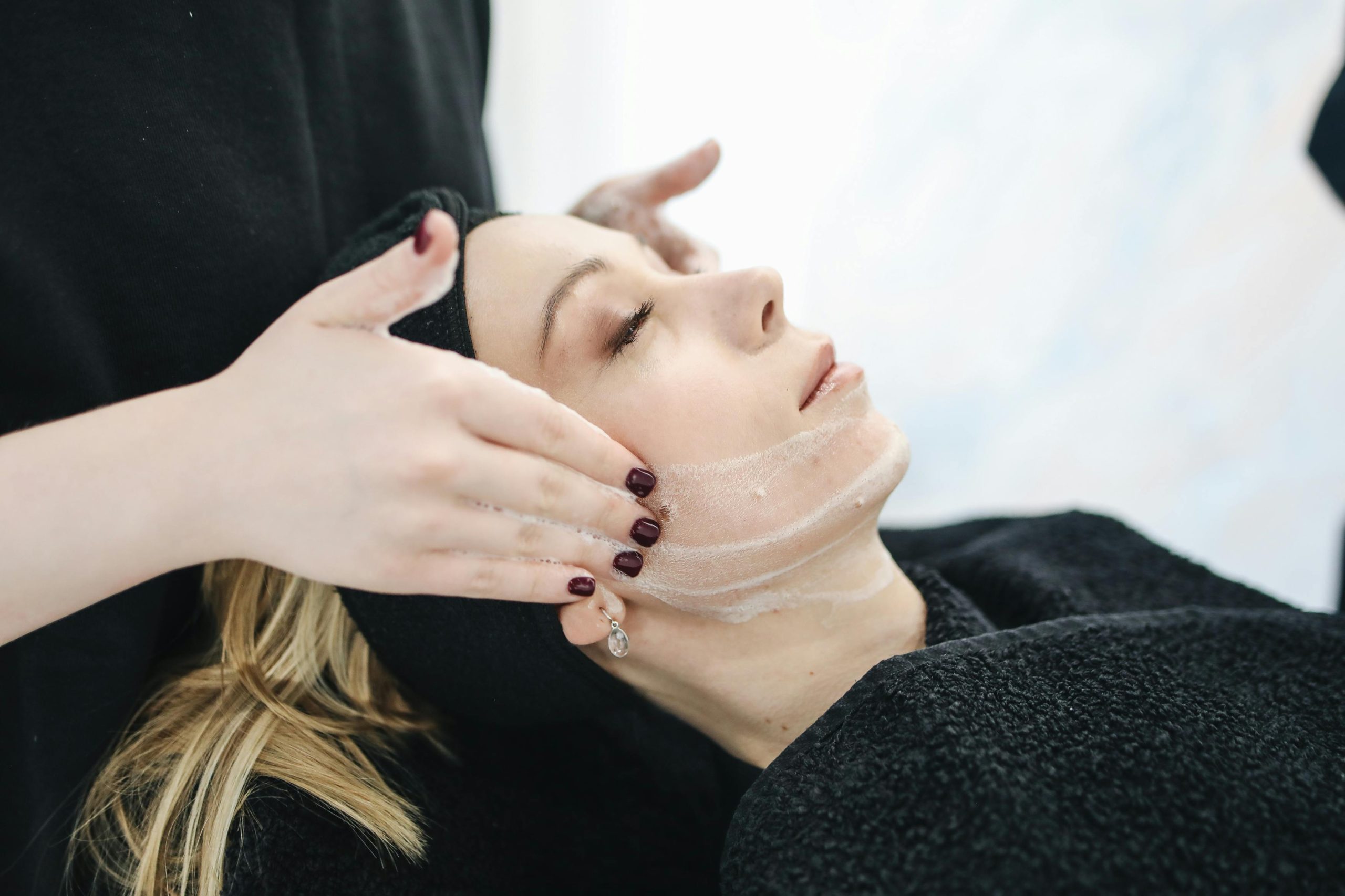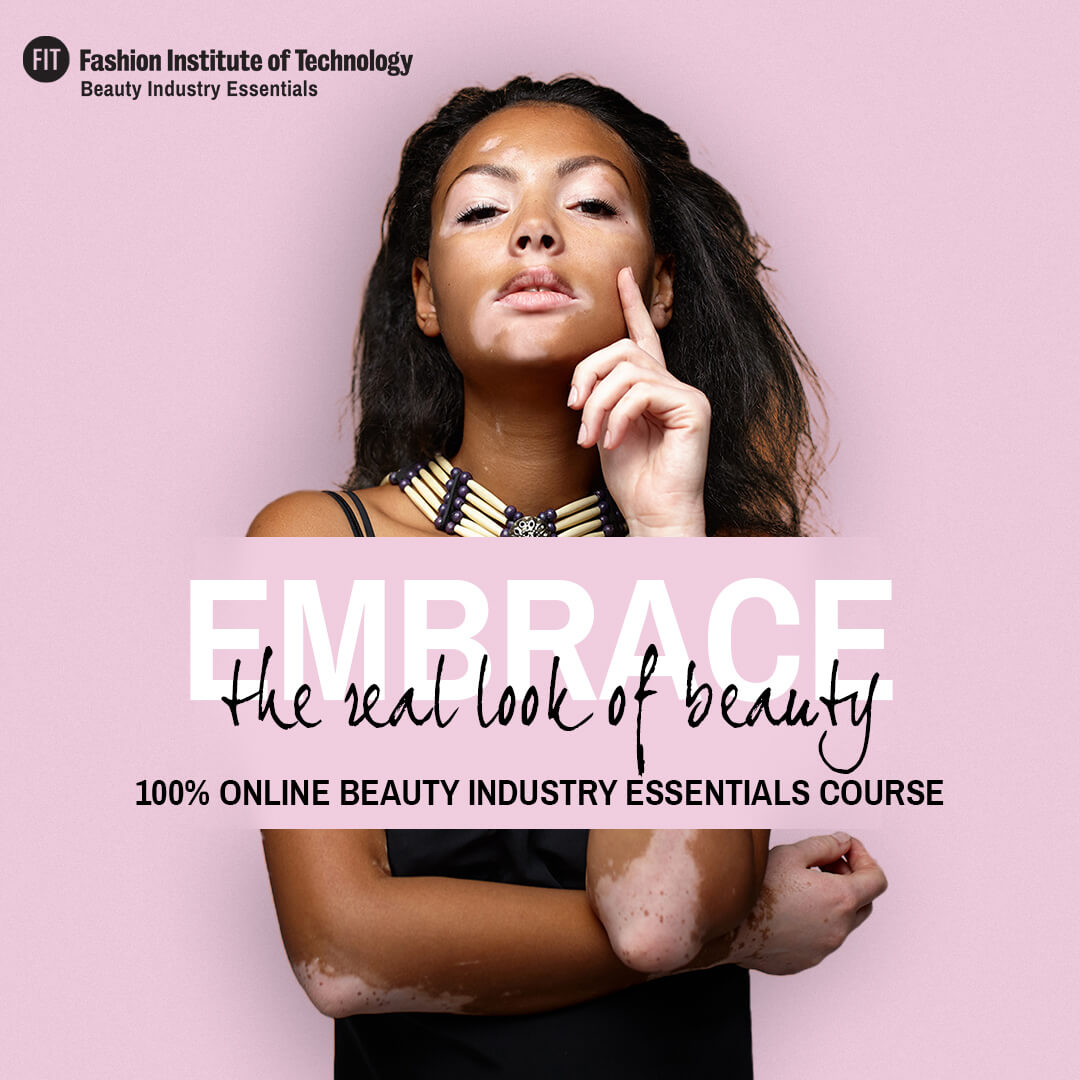In today’s beauty industry, the concept of sustainability has become a significant focus for consumers and brands alike. Sustainable beauty brands are those that prioritize environmentally friendly practices, ethical sourcing, and transparent production processes to reduce their impact on the planet and promote social responsibility.
As the demand for eco-conscious products continues to rise, sustainable beauty brands are gaining traction and reshaping the industry landscape.
Sustainable Packaging Innovations
One of the key aspects of sustainability in the beauty industry is the shift towards eco-friendly packaging solutions. Sustainable beauty brands are increasingly adopting recyclable, biodegradable, and compostable packaging materials to minimize waste and reduce their carbon footprint.
From using glass containers to refillable options and packaging made from post-consumer recycled materials, brands are exploring innovative ways to package their products sustainably.
Ethical Ingredient Sourcing
Sustainable beauty brands prioritize ethical ingredient sourcing practices to ensure that their products are made with respect for people, animals, and the environment. This includes sourcing natural ingredients from sustainable suppliers, supporting fair trade practices, and avoiding the use of ingredients that harm ecosystems or wildlife.
Cruelty-Free Formulations
Another hallmark of sustainable beauty brands is their commitment to creating cruelty-free formulations that are not tested on animals. By opting for cruelty-free testing methods and certifications, brands can demonstrate their dedication to animal welfare and ethical standards.
Consumers are increasingly seeking out products that are cruelty-free, driving the demand for brands that prioritize compassion and kindness in their product development processes.
Clean Beauty Standards
Clean beauty has emerged as a significant trend within the sustainable beauty movement, focusing on products that are free from harmful chemicals, toxins, and controversial ingredients. Sustainable beauty brands adhere to strict clean beauty standards, formulating products with natural, organic, and non-toxic ingredients that are safe for both consumers and the environment.
Carbon Neutral Practices
Reducing carbon emissions and offsetting environmental impact are essential components of sustainability for beauty brands. Many sustainable beauty brands are implementing carbon-neutral practices, such as investing in renewable energy sources, reducing energy consumption, and offsetting their carbon footprint through reforestation or carbon offset programs.
Community Engagement and Social Responsibility
Sustainable beauty brands often engage in community initiatives and social responsibility efforts to give back and support causes aligned with their values. Whether through charitable partnerships, community outreach programs, or advocacy for social justice issues, brands can make a positive impact beyond their products.
Transparency and Accountability
Transparency is a cornerstone of sustainability in the beauty industry, with consumers increasingly seeking brands that are open and honest about their practices and values. Sustainable beauty brands prioritize transparency in their sourcing, production, and business operations, providing clear information about their ingredients, processes, and impact.
By being transparent and accountable, brands can build credibility and trust with consumers who value authenticity and ethical practices.
Circular Economy Initiatives
Embracing a circular economy mindset is essential for sustainable beauty brands looking to minimize waste and promote resource efficiency. By implementing recycling programs, upcycling initiatives, and product refill options, brands can extend the lifecycle of their products and reduce their environmental footprint.
Circular economy practices not only benefit the planet but also present opportunities for brands to innovate and differentiate themselves in the market.
Educational and Awareness Campaigns
Sustainable beauty brands often engage in educational and awareness campaigns to inform consumers about the importance of sustainability and empower them to make conscious choices. By raising awareness about environmental issues, sustainable practices, and the impact of consumer behavior, brands can inspire positive change and foster a culture of sustainability.
Educational initiatives can help consumers make informed decisions and support brands that align with their values and beliefs.
Innovative Green Technologies
Advancements in green technologies are driving innovation in the beauty industry, enabling brands to develop sustainable solutions that are both effective and environmentally friendly. From biodegradable packaging materials to plant-based formulations and water-saving production processes, sustainable beauty brands are leveraging technology to reduce their environmental impact and create innovative products.
Conclusion
Sustainable beauty brands are not just a trend but a movement towards a more conscious and responsible approach to beauty. By prioritizing sustainability in their practices, products, and values, these brands are redefining standards and setting new benchmarks for the industry.
As consumers increasingly seek out ethical, eco-conscious options, sustainable beauty brands are well-positioned to meet this growing demand and drive positive change in the beauty landscape.
Key Takeaways:
- Conduct in-depth market research to understand current skincare trends, customer preferences, and the competitive landscape before starting your business.
- Establish a strong brand identity by defining your unique selling proposition (USP), core values, and brand story that connects with your target audience.
- Prioritize high-quality product development and formulation by working with skincare professionals to create safe and effective solutions for specific skin concerns.
- Ensure compliance with industry regulations regarding ingredients, labeling, product safety, and testing to meet legal requirements and build consumer trust.
- Leverage e-commerce and diverse distribution channels—including your own online store, marketplaces, and retail partnerships—to increase visibility and sales.
- Develop effective marketing strategies using social media, influencer collaborations, content marketing, and email campaigns to promote your brand and products.
- Focus on customer relationship management by delivering excellent service, listening to feedback, and offering loyalty programs and personalized promotions.
- Build industry connections by networking with professionals, experts, and influencers at trade shows, conferences, and events to stay informed and gain opportunities.
- Manage finances wisely with detailed budgeting, pricing strategies, and regular tracking of cash flow and sales performance for long-term sustainability.
- Commit to continuous learning and adaptability to stay competitive by keeping up with industry trends, innovations, and evolving customer demands.
To deepen your knowledge and skills in the beauty industry and learn more about sustainable practices, consider enrolling in the FIT Beauty Industry Essentials online course and certificate program. This program can provide valuable insights, practical knowledge, and industry connections to help you succeed in the dynamic world of sustainable beauty brands.








